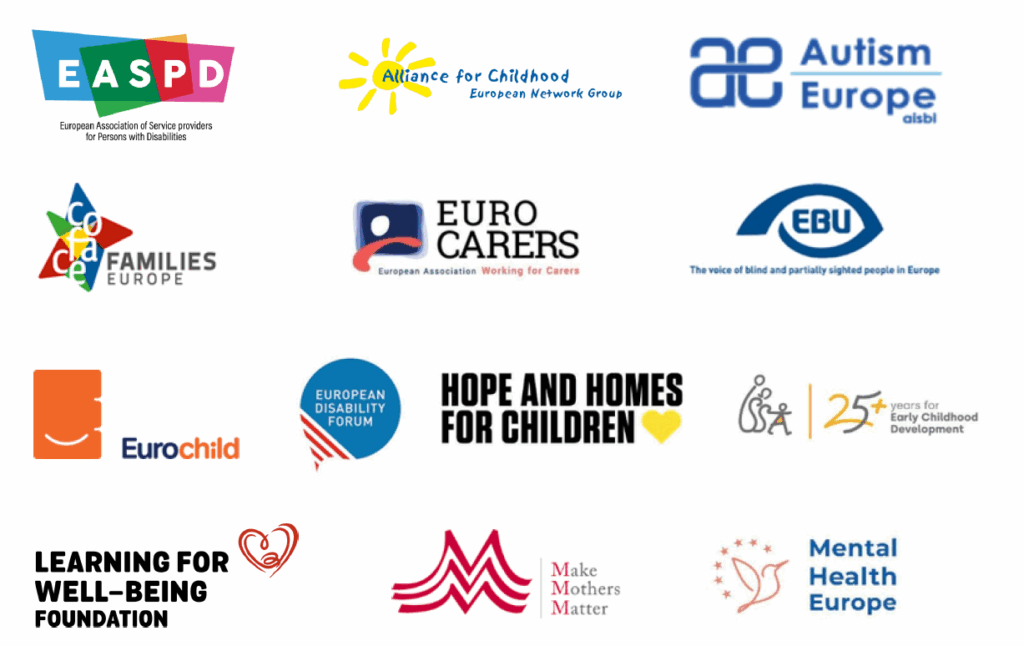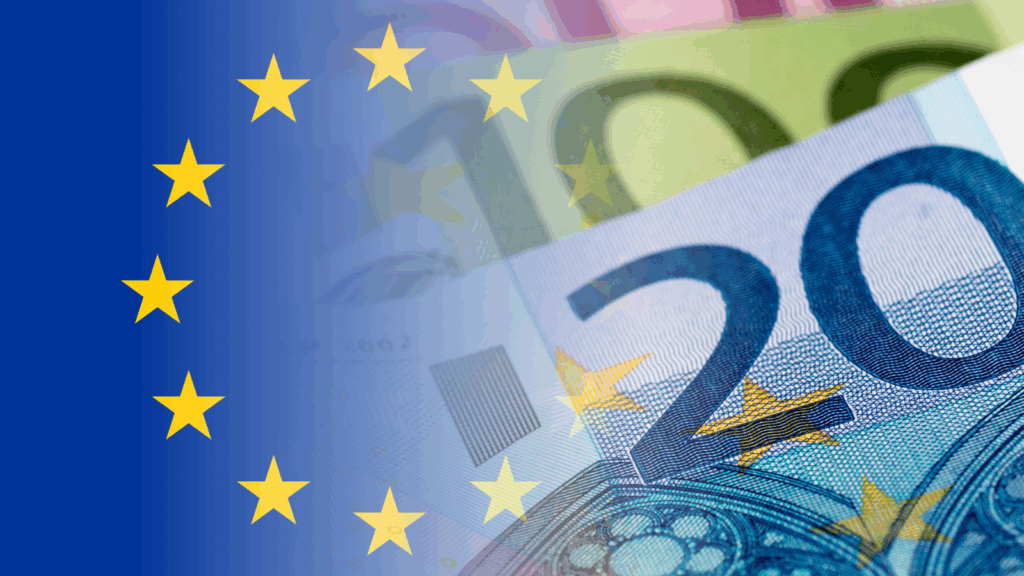In a resolution on the rights of LGBTIQ persons in the EU (adopted with 387 votes in favour, 161 against, and 123 abstaining), the European Parliament emphasises that these citizens should be able to fully exercise their rights, including the right to free movement, everywhere in the Union.
Freedom of movement and rights of families in focus
The resolution states that marriages or registered partnerships formed in one member state should be recognised in all of them in a uniform way, and same-sex spouses and partners should be treated the same as their opposite-sex counterparts.
Following the European Court of Justice ruling “Coman & Hamilton”, which found that “spouse” provisions in the Free Movement Directive also apply to same-sex couples, the Commission should take enforcement action against Romania, where the government has failed to update national legislation to reflect this ruling, MEPs ask.
The resolution also urges all EU countries to accept the adults mentioned in a child’s birth certificate as their legal parents. More generally, MEPs want rainbow families to have the same right to family reunification as opposite-sex couples and their families. To ensure that children do not become stateless when their families move between member states. MEPs argue that families should be treated the same across the EU.
Finally, MEPs take note of the discrimination faced by the LGBTIQ communities in Poland and Hungary. Parliament calls for further EU action (infringement procedures, judicial measures and budgetary tools) against these countries.
More information here.
Photo: ©Mizina via Canva.com





